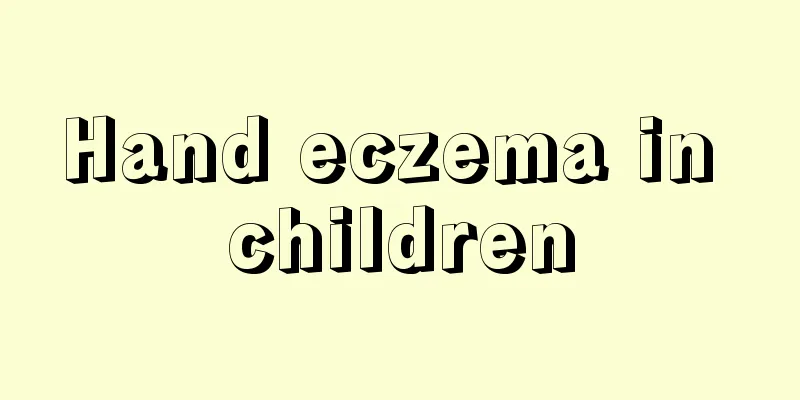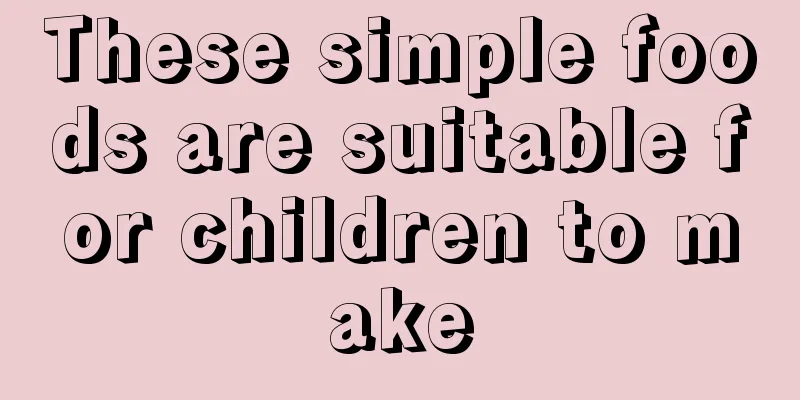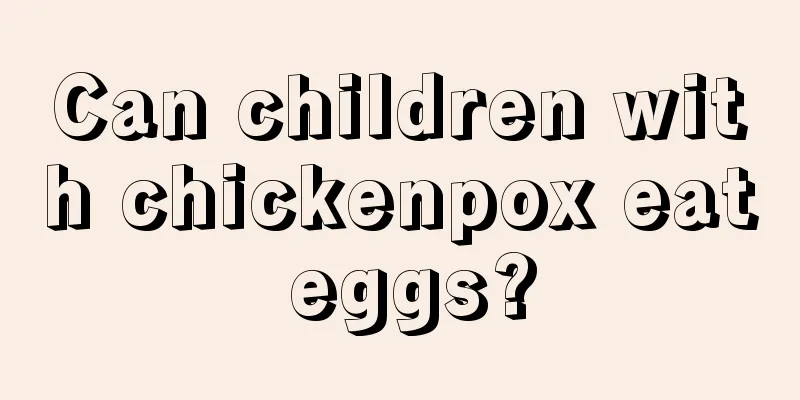What to do if your child has a nosebleed for no reason

|
Many people find in the process of taking care of their children that their children always have symptoms of nosebleeds in the drier spring or autumn seasons. Some parents will be particularly worried and scared when their children have nosebleeds for no reason. They don’t know what the cause is or whether there is a problem with their children’s health. They are often panicked and don’t know what to do. They don’t know what the cause is. Let’s learn about what to do if your child has a nosebleed for no reason. What to do if your child has a nosebleed for no reason 1. Apply cold compress. If there is a small amount of bleeding, parents can use ice packs or wet towels to cool the forehead and neck. Or rinse your mouth with cold or ice water to constrict blood vessels and reduce bleeding. 2. Press the nose wings. The specific operation is that parents use their thumb and index finger to pinch the nostrils on both sides for about 10 to 20 minutes (if you are sure which nostril is bleeding, you can directly press the bleeding nostril). Many parents first think of using paper towels to block the bleeding. In fact, the pressure of paper towels is usually not enough to stop the bleeding. Moreover, paper towels are not sterilized and can easily induce infection. While compressing the nostrils, sit down with your head slightly tilted forward and downward so that you can spit out the blood in your mouth. Instead of asking their children to hold their heads up like many parents do. Because when the child raises his head, the blood will be swallowed involuntarily, which will irritate the gastrointestinal tract and cause nausea, vomiting, etc. Especially when the amount of bleeding is large, aspiration may occur. 3. Send to hospital promptly. If the nose bleeding cannot be stopped after taking the above measures, or the child is bleeding heavily and is accompanied by pale face, cold sweats, rapid heart rate, etc., the child should be sent to the hospital immediately. In addition, if the child has recurrent nosebleeds, he or she should also go to the hospital for examination to see if there is rhinitis, foreign body in the nasal cavity, nasal and nasopharyngeal tumors or blood disease. 4. Pay attention to your diet. During nosebleed, do not eat hot food or hot drinks. You should eat some warm food rich in protein, vitamins and iron, such as honey water, rice juice, milk, juice, etc., or eat some semi-liquid food, such as porridge, noodles, etc. Avoid tobacco, alcohol, spicy and hard foods, and eat more fresh vegetables and fruits. 5. Humidify and moisturize. In dry seasons, children are more likely to have nosebleeds. You can put a humidifier at home and let your children drink more water. 6. Don’t pick your nose. Repeatedly picking your nose can easily damage the nasal mucosa. Parents should educate their children to develop good habits of not picking their noses. The above is an introduction to what to do if a child has a nosebleed for no reason. After understanding it, we know that when encountering such symptoms, parents must first help the baby stop the bleeding from the nose in time. In daily life, we must pay attention to the child’s environment and make sure it is not too dry. In addition, the child’s diet must be light and eat more fruits and vegetables. This will play a big role in preventing children from having nosebleeds for no reason. |
<<: What is the cause of nose bleeding in a two and a half year old baby?
>>: What to do if your baby falls and has a nosebleed
Recommend
What causes headaches in 4-year-old children?
In people's concepts, children are unaware of...
Why does a 2-year-old baby drool while sleeping?
There are many reasons why babies drool. As the b...
Normal platelet values and manifestations outside the normal range for children of different ages
I believe that the health of the child concerns t...
From whom do girls inherit more genes?
In real life, a large part of a child's appea...
What are the reasons why babies suddenly cry when feeding?
Generally speaking, babies will always cry before...
Can children's convulsions be cured?
Convulsions in children are a relatively common d...
What foods are better for children with indigestion?
Once people have indigestion problems, they often...
Children's cold and stuffy nose
Nasal congestion is a very uncomfortable phenomen...
What do you need to prepare for your baby's first birthday?
When a baby turns one year old, according to trad...
The baby's cough becomes worse the more medicine he takes
When many babies have a cough, their mothers will...
Why is the baby's bottom black?
Why is the baby's bottom black? When the baby...
What to do if your child has swollen eyelids
When the baby's eyelids are swollen, mothers ...
What should I do if my baby always sweats while sleeping?
Many mothers will find that their babies always s...
Why does my baby always stick out his tongue?
For babies, their physical development is most li...
The formation of behavior habits of primary school students
When children are young, they are definitely igno...









